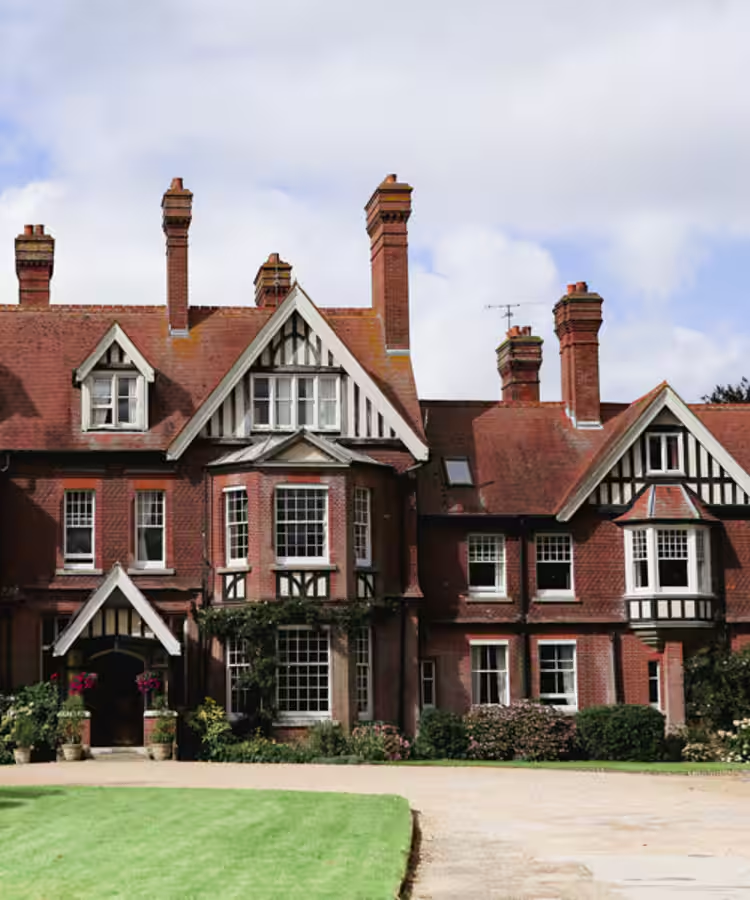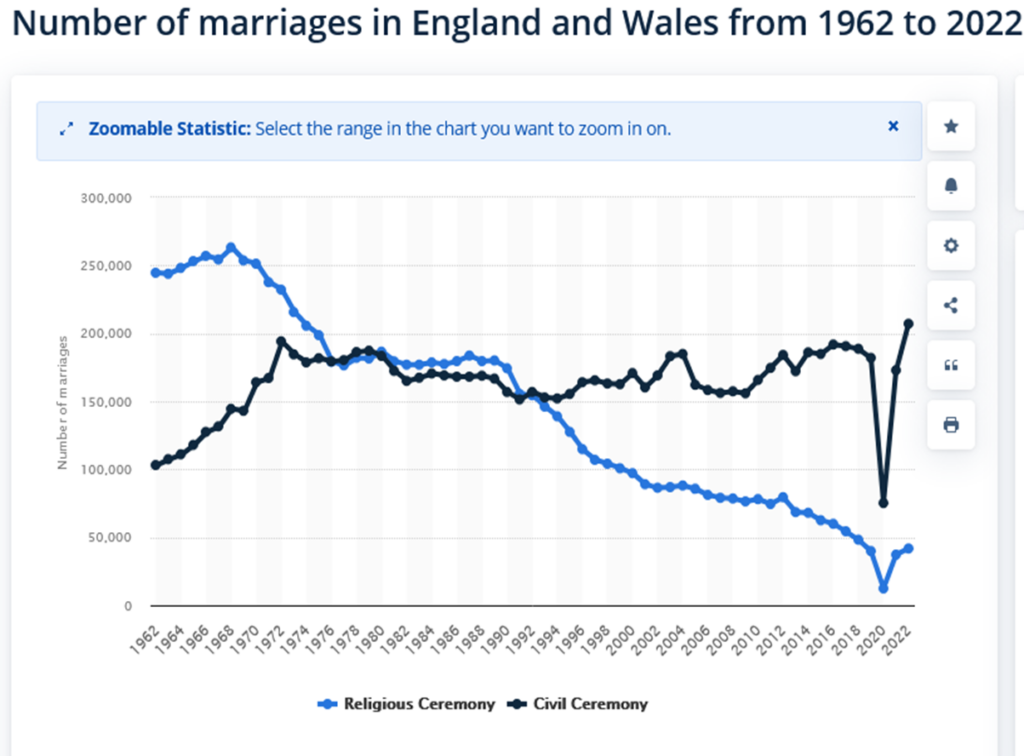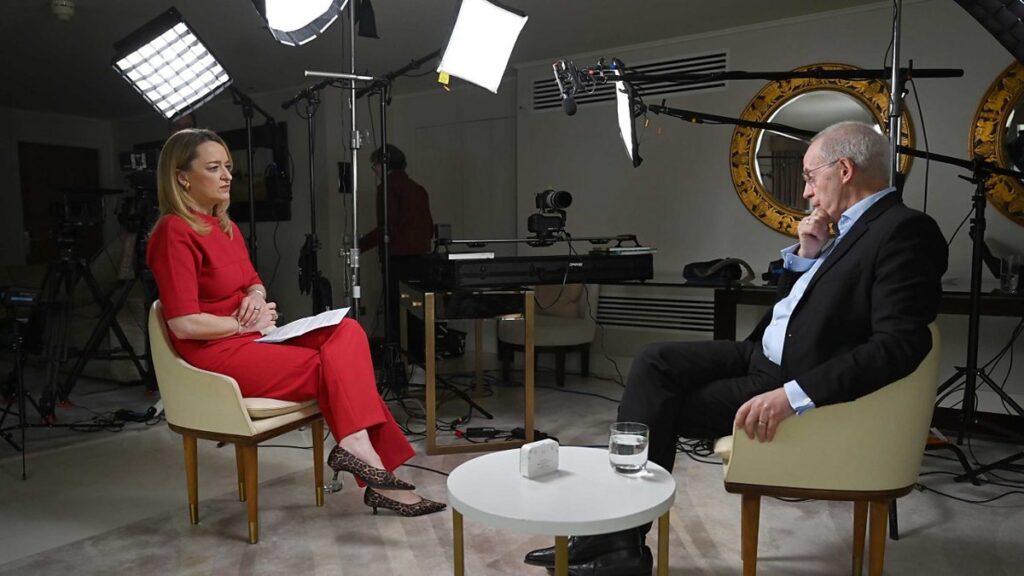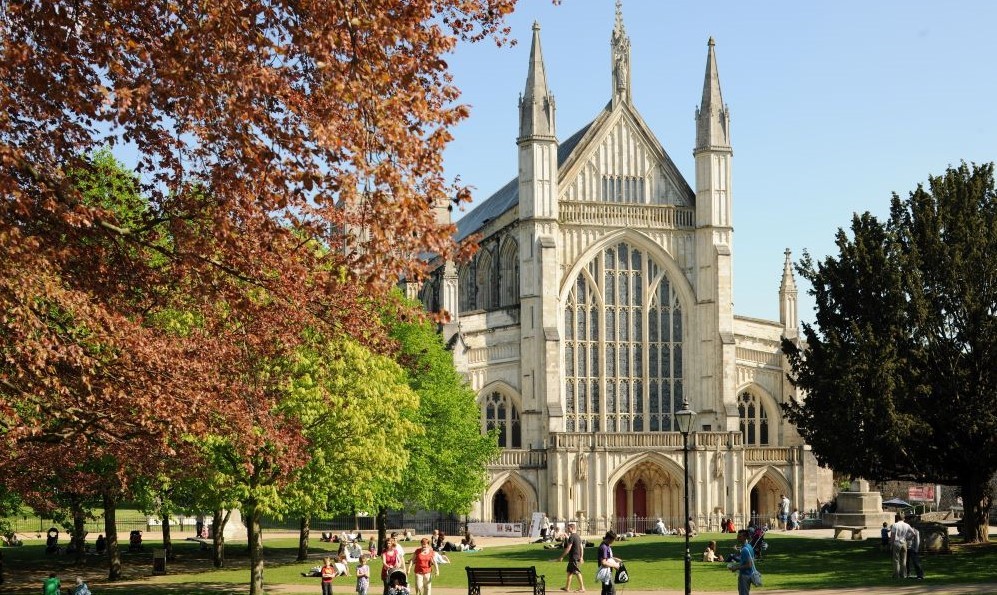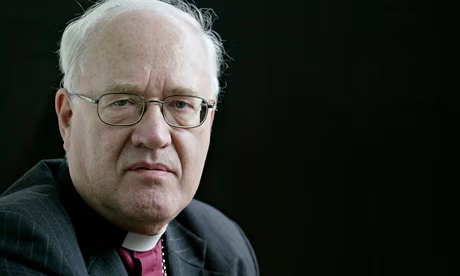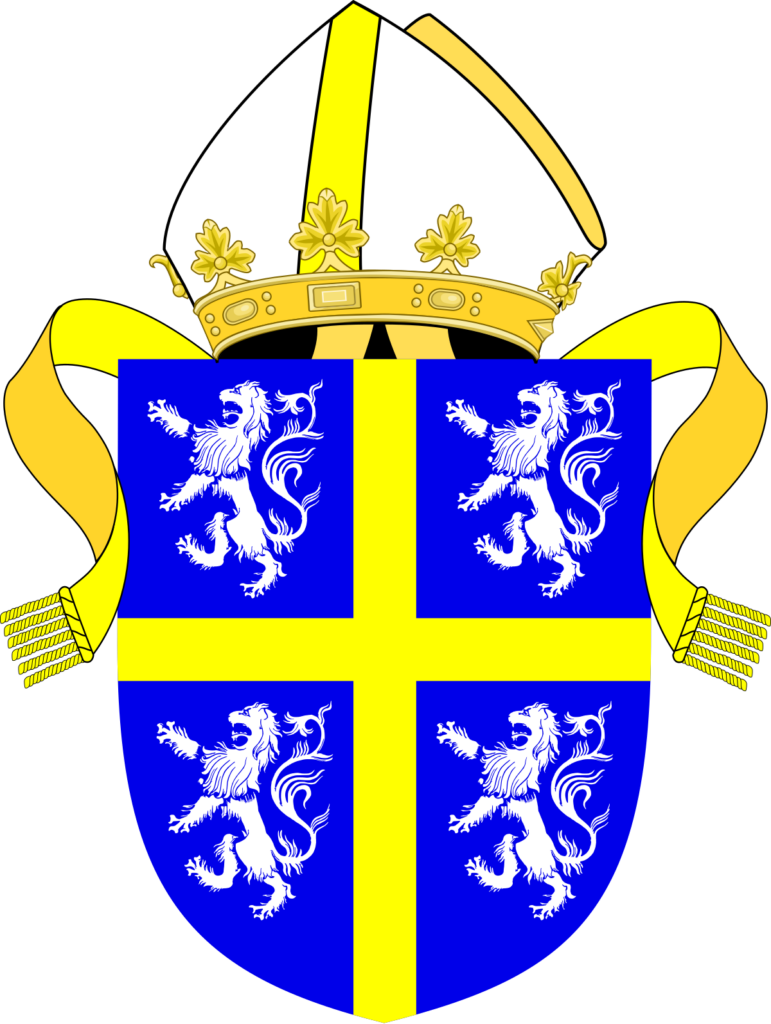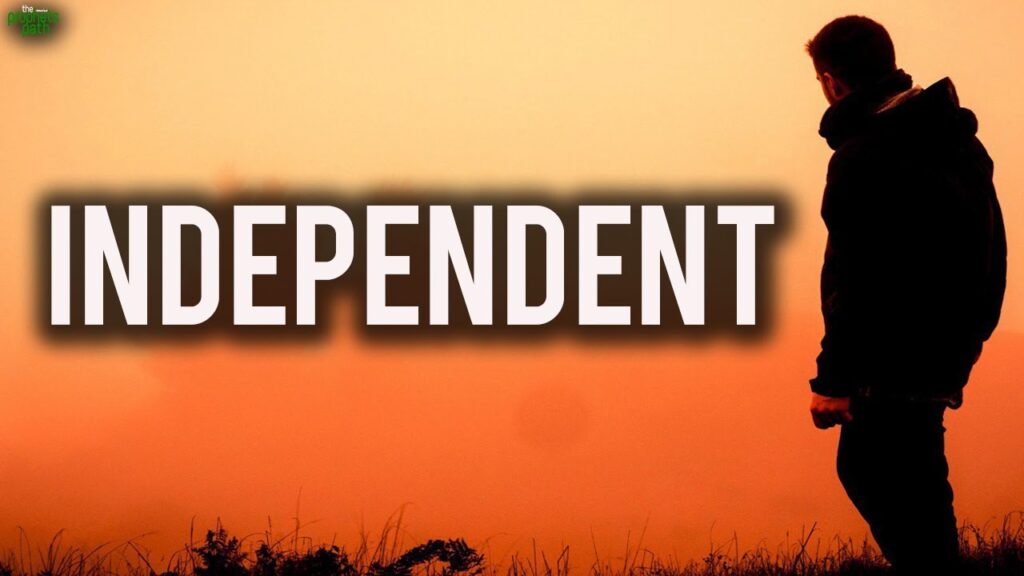
The current stand-off in a clash between President Trump and Harvard University is part of a much bigger story than many people realise. Looking at the dispute in a wider context relates it to the so-called culture wars under way in America. The opposing sides in these wars, representing two ways of understanding the world, can clearly be identified in this Harvard/Trump confrontation. The defiant stand being taken by Harvard against the Trump administration that seeks to control it, may be seen as a skirmishing before a major, if not historic, battle in that war.
The so-called culture wars which appear in different guises all over the world, refer to the passionate and intense convictions that people have about the way the world is, or should be, changing. Speaking very generally, one side will look mainly to the past as the key to understanding the present. Sometimes the past that is evoked is entirely mythical. American politicians sometimes nostalgically look back to the 50s as time where ‘family values’ were practised. Much of this nostalgia is romantic and false. The levels of domestic violence, though hidden, were then tragically high in many countries including the United States. The Church has its own versions of a gold-tinted past, with memories of packed churches and a place where leaders enjoyed respect and honour from society. Meanwhile the Church was also presiding over abuse and dark institutions like mother and baby homes, where cruelties were being practised routinely. Much of the struggle of the culture wars seems to centre around how we deal with the past. Is it a model for the present or should we always be seeking ways to grow up and beyond our past? Do we identify, in short, mainly with the forces of conservatism or those of progressivism? In a political setting we identify this struggle as one between right and left.
The attempt by Donald Trump to undermine all the main institutions of America is a struggle to overwhelm and batter into submission all opposition to his personal vision and his desire to dominate the whole of American society. I do not want to go down the rabbit hole of discussing motivations for his attempting this massive task, but I observe that this political experiment will take a long time to unravel by a future government. Trump is, in essence, fighting on behalf of ultra-conservatives to bring back a mythical past when America was great and dominant in the world, both economically and militarily. It will also enable the massive enrichment of a small band of his cronies, including his family. The fantasy of being omnipotent is also one that many people entertain inside. It is also the ultimate desire which the narcissist possesses. To want such control and domination means that one has had to discard all attempts at empathy for others along the way. Individuals are used and then discarded with no attempt to reward them over a period. Promises are made and quickly broken when the other individual has served their purpose. Ultimately Trump is every bit as dangerous as his critics have made out. He is proving willing to use the entire American nation in his project to fulfil his megalomaniacal aims for complete control.
Where does Harvard come into this? Harvard University represents a natural ideological centre of opposition to the megalomaniacal ideas of a man like Trump. It represents an older wiser America, firmly rooted in the real world of history, education, law and science for the past 250 years of its existence. It was founded in the early 17th century and was fully exposed to the later Enlightenment tradition that was sweeping over American universities as it was in Europe. The Enlightenment may not have been the means to discover certainty in every discipline, but it taught the people of Western Europe new intellectual values – the importance of debate and the constant need to challenge presuppositions. One maxim came to typify this new approach to knowledge and consists of three words. The saying which sums up so much of this Western intellectual movement of the 18th century was simply ‘dare to doubt’. The ability to doubt the received wisdom of the past was for some a deeply unsettling approach to human knowledge. Most areas of knowledge in the 18th century were rooted in the tenets handed down from the ancient world. Even medicine owed as much to reading texts of classical authors and their presuppositions than to current observations of the workings of the human body. In making these very generalised comments about the Enlightenment, I am aware of straying into areas of study where I have no specialised knowledge. But one statement which I want to make, which I believe to be broadly true, is that Harvard University can be said to be rooted and nurtured in many of the best principles of Enlightenment thinking. The same readiness to question and scrutinise ‘authority’ in different forms of knowledge in a critical but open way would be among the values of all universities the world over. Universities are temples of knowledge but the knowledge they share with their students is one that has been by honed through a constant process of questioning and experiment. Truth, according to the best minds belonging to our Western universities, among which Harvard has a distinguished place, has truth always to be regarded as a work in progress, not a completed product.
Harvard can act as a shorthand for the methods of seeking truth according to the highest standards of scrutiny that we have in our Western culture. Within the approaches to truth as practised by the academic word, there will be disagreements and debate, but such disagreement is part of the process. Gracious disagreement is not to be deplored, but honoured. There are many who believe that knowledge is to be found using quite different methods of discovery. Speaking very generally, there are many who will believe that truth is only to be discovered by a fresh scrutiny of the past, as the Renaissance writers and thinkers did. The achievements of those who rediscovered the classical authors and their views on the world were considerable. The Renaissance was, however, an incomplete project. It needed the Enlightenment impulse, with its advances in science, philosophy, law and psychology, to name a few disciplines, to enable our modern Western civilisation to be formed. This role of universities with their crucial support of Enlightenment values cannot be downplayed. A challenge to Harvard, and the attempt to destroy the Enlightenment values preserved in its teaching and research right across the board, is an attack on all our values whether or not we have been privileged to have a university education. I am constantly in awe of the knowledge of people with skills which make modern life possible: engineers, architects and economists. Any attempt to destroy the credibility of the Enlightenment project threatens and weakens every discipline taught at university level. Trump’s DOGE project has already halted some vital medical research. No doubt, the idea of well-educated researchers working in clean laboratories every day offends some who regard education of any kind as elitist. Book learning does not seem to be widespread among Trump’s followers and enforcers. Indeed, the demands and attacks on Harvard threaten the entire Enlightenment value system and may remove from America much of what has been achieved in so many areas of life over the past two hundred and fifty years.
Most of the readers of this blog would identify themselves with the Christian label. Every reader will be aware of ways of identifying with the name Christian which go against any concession to Enlightenment values. For many, the name Christian can only be claimed by those who believe, for example, that the world was created in a week of seven days and that women have no place in ministry. Those who hold to such strict ideas about truth will have little time for the idea that it is possible to change one’s mind about anything in one’s belief system. This position is maintained, even though God himself is recorded several times to have changed his plans, according to the Old Testament. We call such rigidity of thinking ‘conservative’, especially when there is no room for newness or progression in this way of understanding faith and truth. It is not difficult to suggest that Trump/Harvard confrontation is rooted in a similar kind tension that we see existing between conservative and progressive Christians. Speaking for myself, I see a place for conservative views, but I also believe that Scripture and faith allows me to ask questions about the tradition and not be alarmed if some aspects develop and change over time. The true liberal is anyone who allows this development to take place. A constant newness is a feature of every culture and set of ideas. Liberals rejoice in the changing/evolving nature of truth. It is this liberal value that is embodied by Harvard and the entire Enlightenment project. The Trump confrontation with Harvard and all the values it represents is an important one. We follow it with interest and concern. The clash threatens the whole liberal project of the West and the human values that are contained in the Enlightenment. The movement may not be perfect from a Christian point of view, as Lesslie Newbigin showed us in the 80s. But, the complete or partial destruction of Enlightenment values, as Trump is attempting, would be a far greater tragedy.
